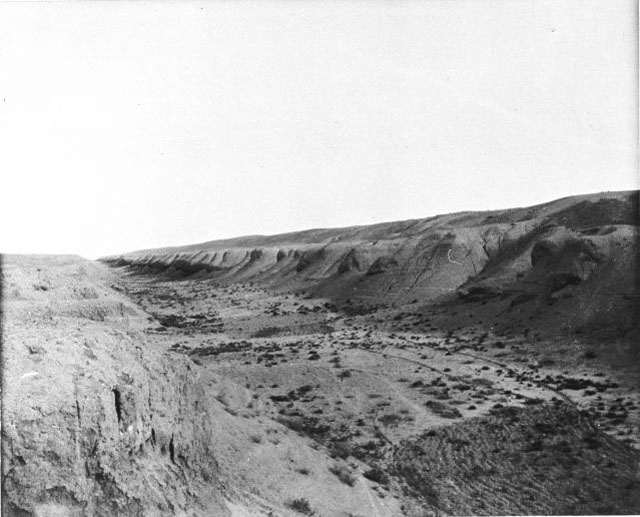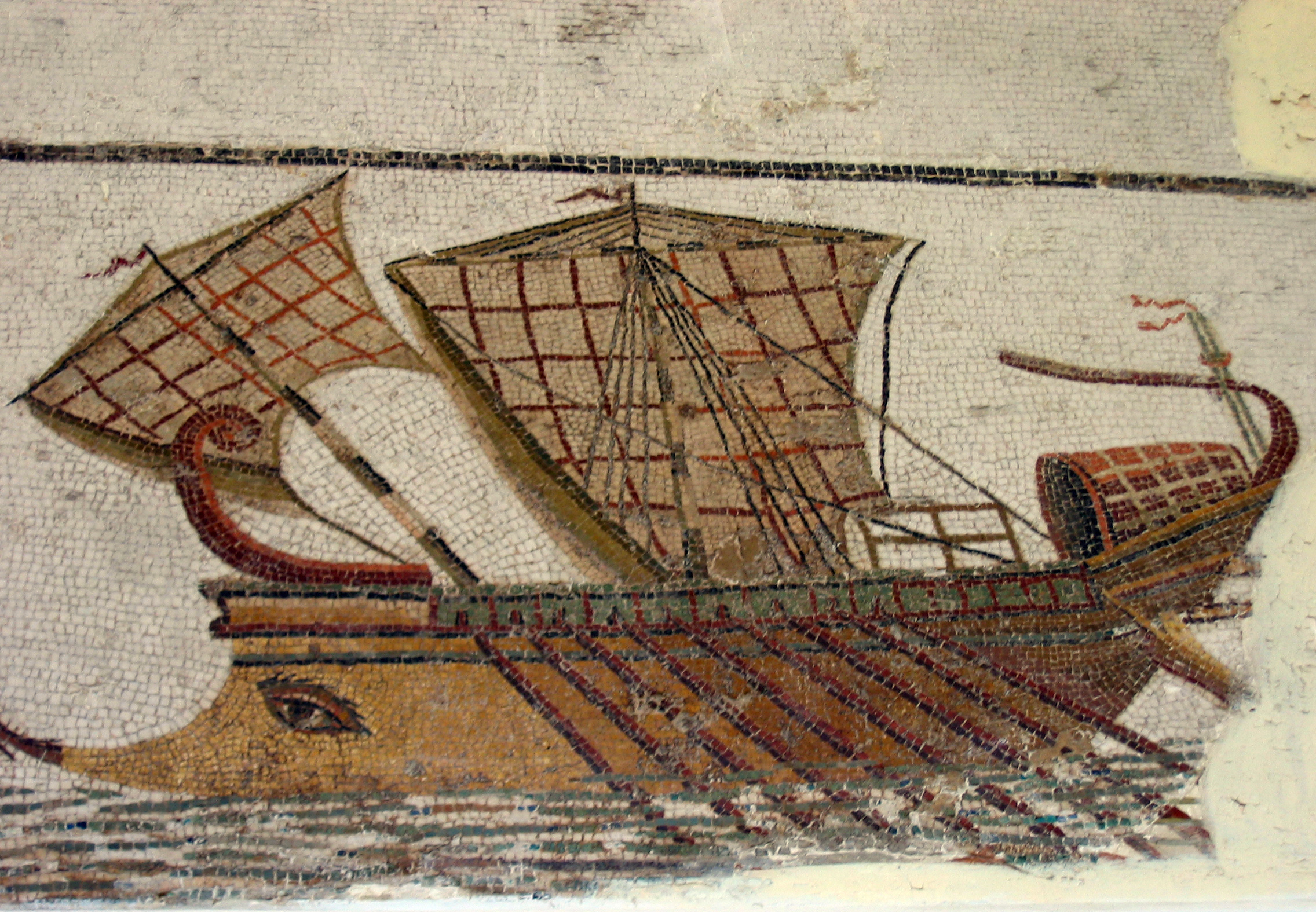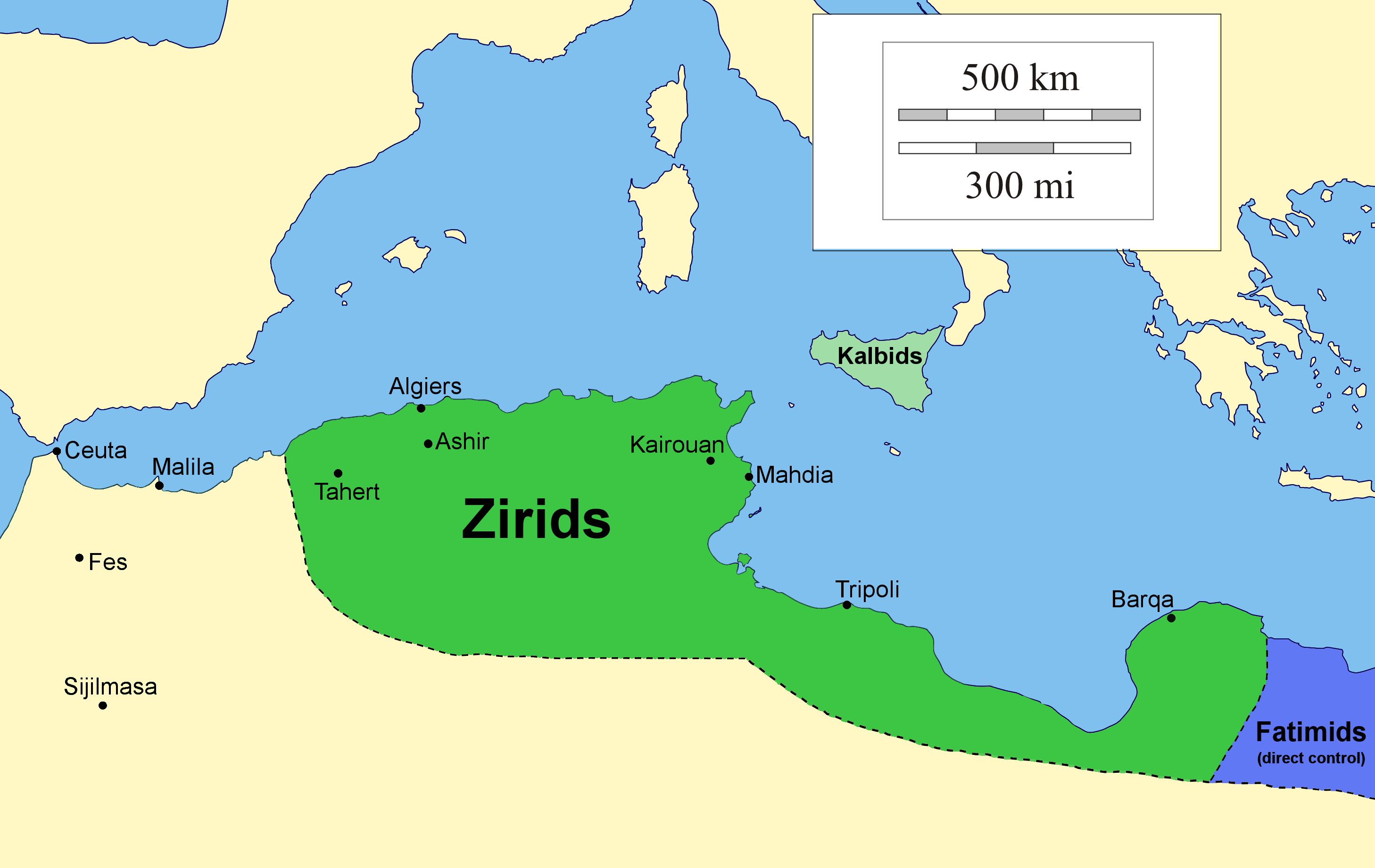|
Islam In Algeria
Islam is the majority and state religion in Algeria. The vast majority of citizens are Sunni Muslims belonging to Maliki school of jurisprudence, with a minority of Ibadi Muslims, most of whom live in the M'zab Valley region. Islam provides the society with its central social and cultural identity and gives most individuals their basic ethical and attitudinal orientation. Orthodox observance of the faith is much less widespread and steadfast than is identification with Islam. There are also Sufi philosophies which arose as a reaction to theoretical perspectives of some scholars. History Arrival of Islam Islam was first brought to Algeria by the Umayyad dynasty following the invasion of Uqba ibn Nafi, in a drawn-out process of conquest and conversion stretching from 670 to 711. The native Berbers were rapidly converted in large numbers, although some Christian and probably pagan communities would remain at least until Almoravid times. However, as in the Middle East itself, ... [...More Info...] [...Related Items...] OR: [Wikipedia] [Google] [Baidu] |
Kharijite
The Kharijites (, singular ) were an Islamic sect which emerged during the First Fitna (656–661). The first Kharijites were supporters of Ali who rebelled against his acceptance of arbitration talks to settle the conflict with his challenger, Mu'awiya, at the Battle of Siffin in 657. They asserted that "judgment belongs to God alone", which became their motto, and that rebels such as Mu'awiya had to be fought and overcome according to Qur'anic injunctions. Ali defeated the Kharijites at the Battle of Nahrawan in 658, but their insurrection continued. Ali was assassinated in 661 by a Kharijite dissident seeking revenge for the defeat at Nahrawan. After Mu'awiya established the Umayyad Caliphate in 661, his governors kept the Kharijites in check. The power vacuum caused by the Second Fitna (680–692) allowed for the resumption of the Kharijites' anti-government rebellion, and the Kharijite factions of the Azariqa and Najdat came to control large areas in Persia and Arabi ... [...More Info...] [...Related Items...] OR: [Wikipedia] [Google] [Baidu] |
Maghreb
The Maghreb (; ), also known as the Arab Maghreb () and Northwest Africa, is the western part of the Arab world. The region comprises western and central North Africa, including Algeria, Libya, Mauritania, Morocco, and Tunisia. The Maghreb also includes the territorial dispute, disputed territory of Western Sahara. As of 2018, the region had a population of over 100 million people. The Maghreb is usually defined as encompassing much of the northern part of Africa, including a large portion of the Sahara Desert, but excluding Egypt and the Sudan, which are considered to be located in the Mashriq — the eastern part of the Arab world. The traditional definition of the Maghreb — which restricted its scope to the Atlas Mountains and the coastal plains of Morocco, Algeria, Tunisia and Libya — was expanded in modern times to include Mauritania and the disputed territory of Western Sahara. During the era of al-Andalus on the Iberian Peninsula (711–1492), the Maghreb's inhabita ... [...More Info...] [...Related Items...] OR: [Wikipedia] [Google] [Baidu] |
Sunni
Sunni Islam is the largest branch of Islam and the largest religious denomination in the world. It holds that Muhammad did not appoint any successor and that his closest companion Abu Bakr () rightfully succeeded him as the caliph of the Muslim community, being appointed at the meeting of Saqifa. This contrasts with the Shia view, which holds that Muhammad appointed Ali ibn Abi Talib () as his successor. Nevertheless, Sunnis revere Ali, along with Abu Bakr, Umar () and Uthman () as ' rightly-guided caliphs'. The term means those who observe the , the practices of Muhammad. The Quran, together with hadith (especially the Six Books) and (scholarly consensus), form the basis of all traditional jurisprudence within Sunni Islam. Sharia legal rulings are derived from these basic sources, in conjunction with consideration of public welfare and juristic discretion, using the principles of jurisprudence developed by the four legal schools: Hanafi, Hanbali, Maliki ... [...More Info...] [...Related Items...] OR: [Wikipedia] [Google] [Baidu] |
Zirid
The Zirid dynasty (), Banu Ziri (), was a Sanhaja Berber dynasty from what is now Algeria which ruled the central Maghreb from 972 to 1014 and Ifriqiya (eastern Maghreb) from 972 to 1148. Descendants of Ziri ibn Manad, a military leader of the Fatimid Caliphate and the eponymous founder of the dynasty, the Zirids were emirs who ruled in the name of the Fatimids. The Zirids gradually established their autonomy in Ifriqiya through military conquest until officially breaking with the Fatimids in the mid-11th century. The rule of the Zirid emirs opened the way to a period in North African history where political power was held by Berber dynasties such as the Almoravid dynasty, Almohad Caliphate, Zayyanid dynasty, Marinid Sultanate and Hafsid dynasty. Under Buluggin ibn Ziri the Zirids extended their control westwards and briefly occupied Fez and much of present-day Morocco after 980, but encountered resistance from the local Zenata Berbers who gave their allegiance to the Calip ... [...More Info...] [...Related Items...] OR: [Wikipedia] [Google] [Baidu] |
Egypt
Egypt ( , ), officially the Arab Republic of Egypt, is a country spanning the Northeast Africa, northeast corner of Africa and Western Asia, southwest corner of Asia via the Sinai Peninsula. It is bordered by the Mediterranean Sea to northern coast of Egypt, the north, the Gaza Strip of Palestine and Israel to Egypt–Israel barrier, the northeast, the Red Sea to the east, Sudan to Egypt–Sudan border, the south, and Libya to Egypt–Libya border, the west; the Gulf of Aqaba in the northeast separates Egypt from Jordan and Saudi Arabia. Cairo is the capital, list of cities and towns in Egypt, largest city, and leading cultural center, while Alexandria is the second-largest city and an important hub of industry and tourism. With over 109 million inhabitants, Egypt is the List of African countries by population, third-most populous country in Africa and List of countries and dependencies by population, 15th-most populated in the world. Egypt has one of the longest histories o ... [...More Info...] [...Related Items...] OR: [Wikipedia] [Google] [Baidu] |
Ismaili
Ismailism () is a branch of Shia Islam. The Isma'ili () get their name from their acceptance of Imam Isma'il ibn Jafar as the appointed spiritual successor ( imām) to Ja'far al-Sadiq, wherein they differ from the Twelver Shia, who accept Musa al-Kazim, the younger brother of Isma'il, as the true Imām. After the death of Muhammad ibn Isma'il in the 8th century CE, the teachings of Ismailism further transformed into the belief system as it is known today, with an explicit concentration on the deeper, esoteric meaning () of the Islamic religion. With the eventual development of Usulism and Akhbarism into the more literalistic () oriented, Shia Islam developed into two separate directions: the metaphorical Ismaili, Alevi, Bektashi, Alian, and Alawite groups focusing on the mystical path and nature of God, along with the "Imam of the Time" representing the manifestation of esoteric truth and intelligible divine reality, with the more literalistic Usuli and Akhbari groups ... [...More Info...] [...Related Items...] OR: [Wikipedia] [Google] [Baidu] |
Kutama
The Kutama (Berber: ''Ikutamen''; ) were a Berber tribe in northern Algeria classified among the Berber confederation of the Bavares. The Kutama are attested much earlier, in the form ''Koidamousii'' by the Greek geographer Ptolemy. The Kutama played a pivotal role in establishing the Fatimid Caliphate (909–1171), forming the bulk of the Fatimid army which eventually overthrew the Aghlabids who controlled Ifriqiya, and which then went on to conquer Egypt, Sudan, Hijaz and the southern Levant in 969–975. The Kutama remained one of the mainstays of the Fatimid army until well into the 11th century. Ancient history The Kutama are attested in the form ''Koidamousii'', by the Greek geographer Ptolemy, whose African documentation seems to date from the years 100-110. They were then in the region of the Ampsaga river ( oued el-Kebir) in Mauretania Caesariensis. He locates them upstream of the ''Khitouae'' tribe and downstream of the ''Todoukae'' tribe, themselves located near the ... [...More Info...] [...Related Items...] OR: [Wikipedia] [Google] [Baidu] |
Fatimid
The Fatimid Caliphate (; ), also known as the Fatimid Empire, was a caliphate extant from the tenth to the twelfth centuries CE under the rule of the Fatimid dynasty, Fatimids, an Isma'ili Shi'a dynasty. Spanning a large area of North Africa and West Asia, it ranged from the western Mediterranean Sea, Mediterranean in the west to the Red Sea in the east. The Fatimids traced their ancestry to the Islamic prophet Muhammad's daughter Fatima and her husband Ali, the first Shia, Shi'a imam. The Fatimids were acknowledged as the rightful imams by different Isma'ili communities as well as by denominations in many other Muslim lands and adjacent regions. Originating during the Abbasid Caliphate, the Fatimids initially conquered Ifriqiya (roughly present-day Tunisia and north-eastern Algeria). They extended their rule across the Mediterranean coast and ultimately made Egypt the center of the caliphate. At its height, the caliphate included—in addition to Egypt—varying areas of the M ... [...More Info...] [...Related Items...] OR: [Wikipedia] [Google] [Baidu] |
Shia
Shia Islam is the second-largest branch of Islam. It holds that Muhammad designated Ali ibn Abi Talib () as both his political successor (caliph) and as the spiritual leader of the Muslim community (imam). However, his right is understood to have been usurped by a number of Muhammad's companions at the meeting of Saqifa where they appointed Abu Bakr () as caliph instead. As such, Sunni Muslims believe Abu Bakr, Umar (), Uthman () and Ali to be ' rightly-guided caliphs' whereas Shia Muslims only regard Ali as the legitimate successor. Shia Muslims assert imamate continued through Ali's sons Hasan and Husayn, after whom different Shia branches have their own imams. They revere the , the family of Muhammad, maintaining that they possess divine knowledge. Shia holy sites include the shrine of Ali in Najaf, the shrine of Husayn in Karbala and other mausoleums of the . Later events such as Husayn's martyrdom in the Battle of Karbala (680 CE) further influenced the ... [...More Info...] [...Related Items...] OR: [Wikipedia] [Google] [Baidu] |
Caliph
A caliphate ( ) is an institution or public office under the leadership of an Islamic steward with Khalifa, the title of caliph (; , ), a person considered a political–religious successor to the Islamic prophet Muhammad and a leader of the entire Muslim world (''ummah''). Historically, the caliphates were polities based on Islam which developed into multi-ethnic trans-national empires. During the medieval period, three major caliphates succeeded each other: the Rashidun Caliphate (632–661), the Umayyad Caliphate (661–750), and the Abbasid Caliphate (750–1517). In the fourth major caliphate, the Ottoman Caliphate, the rulers of the Ottoman Empire claimed caliphal authority from 1517 until the Ottoman caliphate was Abolition of the Caliphate, formally abolished as part of the Atatürk's reforms, 1924 secularisation of Turkey. An attempt to preserve the title was tried, with the Sharifian Caliphate, but this caliphate fell quickly after its conquest by the Sultanate o ... [...More Info...] [...Related Items...] OR: [Wikipedia] [Google] [Baidu] |
Ibadhi
Ibadism (, ) is a school of Islam concentrated in Oman established from within the Kharijites. The followers of the Ibadi sect are known as the Ibadis or, as they call themselves, The People of Truth and Integrity (). Ibadism emerged around 60 years after the Islamic prophet Muhammad's death in AD 632 as a moderate school of the Kharijite movement, although contemporary Ibadis may object to being classified as Kharijites. Ibadis are much less numerous than the two largest Muslim denominations: Sunnis—who account for 85-90 percent of the Muslim world—and Shias. Today, the largest of these communities is in Oman, where they constitute the majority. It is also practiced to a lesser extent in Algeria (in Mzab), Tunisia (in Djerba), Libya (in Nafusa), and Tanzania (in Zanzibar). History Background The Ibadis began as a moderate branch of the Kharijites, an Islamic sect that split from the Muhakkima and al-Haruriyya. These groups initially supported Ali during the First Fi ... [...More Info...] [...Related Items...] OR: [Wikipedia] [Google] [Baidu] |







